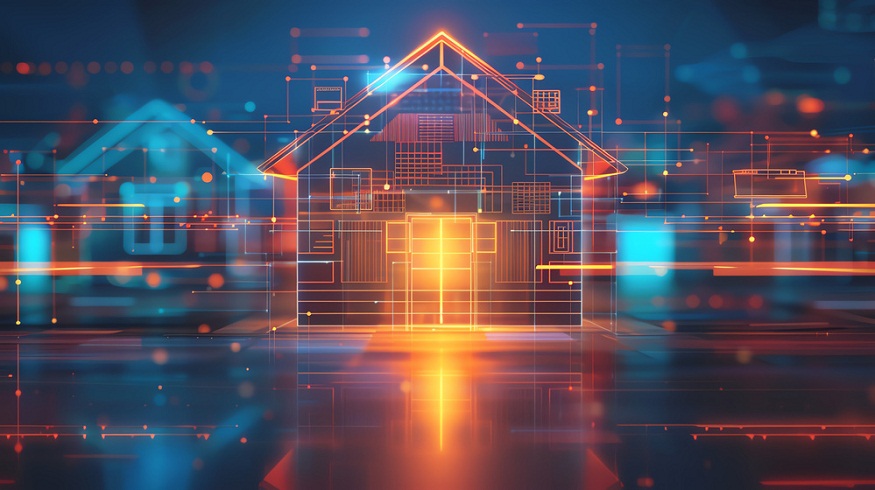Have you ever found yourself sweating in your own home during the summer or shivering during the winter because your HVAC system isn’t working properly? You’re not alone. Many homeowners experience problems with their heating, ventilation, and air conditioning (HVAC) systems at some point. These issues can be frustrating and costly, but they can also be preventable. In this article, we will discuss the top five common HVAC problems and how you can take preventative measures to avoid them.
Understanding HVAC Systems
Before delving into specific problems and solutions, it’s important to have a basic understanding of how HVAC systems work. They are responsible for keeping our homes comfortable throughout the year by controlling temperature, humidity, and air quality. The system works by pulling in air from the outside, filtering it, heating or cooling it, and then distributing it through a network of ducts to various rooms in the house. It’s a complex system with many components that need to work together for optimal performance. So, when one part malfunctions, it can affect the entire system.
What are the Common HVAC Problems?
1. Dirty Air Filters
The most common issue with HVAC systems is dirty air filters. These filters are responsible for trapping dust, pollen, and other airborne particles to prevent them from circulating in your home. Over time, these filters can become clogged, reducing the system’s airflow and making it work harder than necessary. This can lead to higher energy bills and potential breakdowns. To avoid this problem, it’s important to regularly check and replace your air filters. This should be done every one to three months, depending on the type of filter and how often you use your system. You may also check out this blog post to learn what HVAC service maintenance includes so you can have a better understanding of what to expect during regular maintenance.
2. Refrigerant Leaks
Refrigerant is a chemical used in the cooling process of an HVAC system. If there is a leak in the refrigerant line, it can result in decreased cooling efficiency and even cause the system to break down completely. It’s important to have your HVAC system regularly inspected to catch any potential leaks early on.
3.Electrical Control Failure
The electrical controls in an HVAC system are responsible for regulating the system’s functions, such as turning it on and off and controlling temperature settings. If these components fail, it can result in improper functioning of the entire system. Regular maintenance and inspections can help identify any potential issues with the electrical controls before they cause a major problem.
4. Clogged Condensate Drain
As the HVAC system cools or heats the air, it produces condensation that needs to be drained out of the unit. Over time, this drain can become clogged with dirt and debris, causing water damage to the system and potentially leading to mold growth. Regularly cleaning and maintaining the condensate drain can prevent this issue.
5. Thermostat Malfunction
The thermostat is the control center for your HVAC system, allowing you to adjust and maintain temperature settings in your home. If it malfunctions, it can cause the system to run inefficiently or not at all. Keeping the thermostat clean and having it inspected regularly can help prevent any issues.
Seeking Professional Help
While regular maintenance and inspections can go a long way in preventing common HVAC problems, it’s important to seek professionals for HVAC repair in Atlanta when needed. Trying to fix complex issues yourself can lead to further damage and potentially void any warranties on your system. Moreover, professionals have the knowledge and expertise to identify and fix issues before they escalate. By being proactive in caring for your HVAC system, you can ensure it runs smoothly and efficiently for years to come. So be sure to schedule regular maintenance check-ups and address any problems promptly to keep your home comfortable all year round. Remember, prevention is always better than a costly repair in the long run. So follow these tips and enjoy a worry-free HVAC system!



